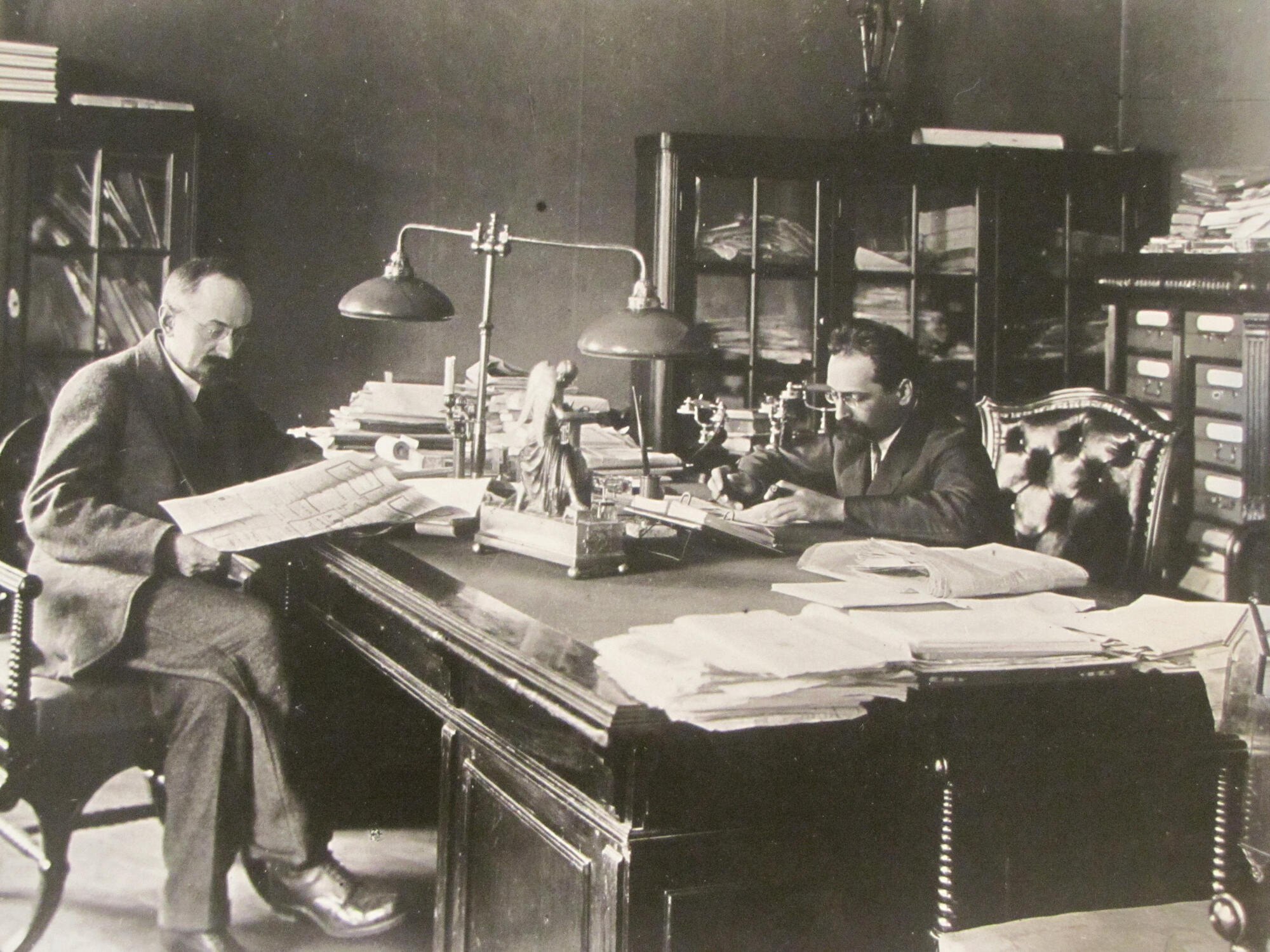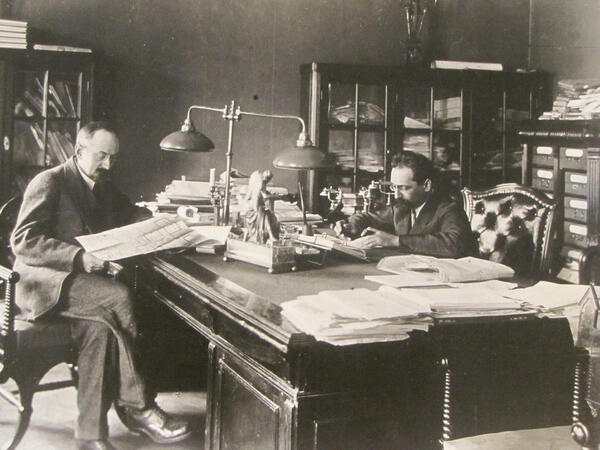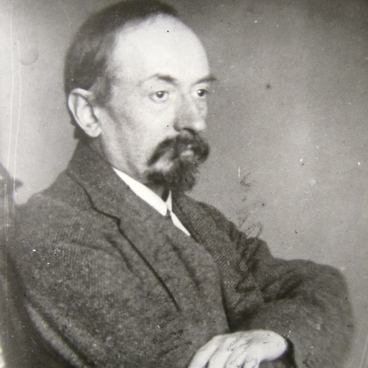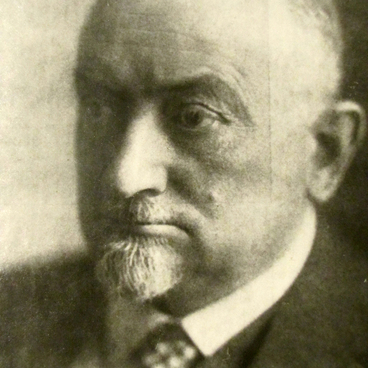Much work and energy was invested in the creation of an apparatus in the People’s Commissariat for Foreign Affairs, capable of successfully coping with the responsible task entrusted to it by the Party and the Soviet government.
Increased requirements were imposed on people recommended for work in the People’s Commissariat for Foreign Affairs. A candidate for the diplomatic service had to have not only a high culture, but also a broad and versatile knowledge in the field of foreign policy and international relations.
On March 13, 1918, Georgy Chicherin became the acting People’s Commissar for Foreign Affairs. On April 9, 1918, he officially headed the People’s Commissariat for Foreign Affairs.
Soviet diplomat Semyon Aralov in his memoirs talked about a conversation with Chicherin before his departure to Turkey in 1921 as a plenipotentiary. The People’s Commissar shared with him his thoughts on how to carry out official relations with foreign states and gave a number of valuable pieces of advice.
Increased requirements were imposed on people recommended for work in the People’s Commissariat for Foreign Affairs. A candidate for the diplomatic service had to have not only a high culture, but also a broad and versatile knowledge in the field of foreign policy and international relations.
On March 13, 1918, Georgy Chicherin became the acting People’s Commissar for Foreign Affairs. On April 9, 1918, he officially headed the People’s Commissariat for Foreign Affairs.
Soviet diplomat Semyon Aralov in his memoirs talked about a conversation with Chicherin before his departure to Turkey in 1921 as a plenipotentiary. The People’s Commissar shared with him his thoughts on how to carry out official relations with foreign states and gave a number of valuable pieces of advice.



